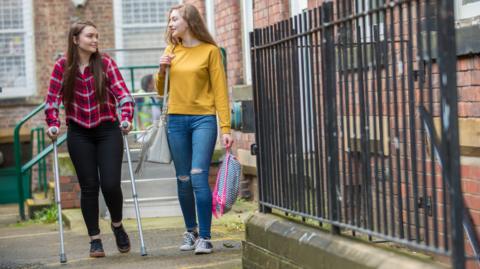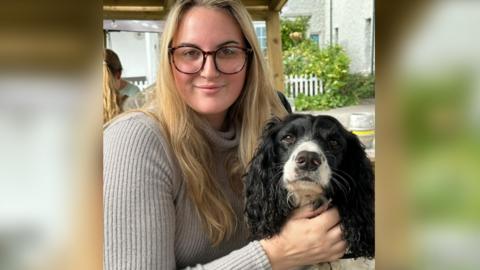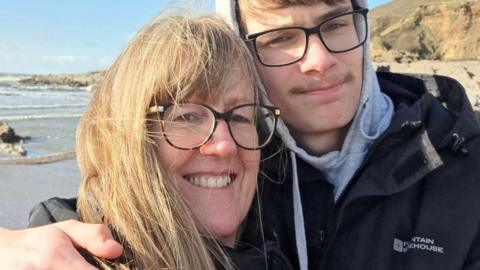The conditions most likely to result in a refused claim were those that may be managed more successfully by an adult than a child, like diabetes or asthma, experts said.
But among those to have had claims rejected since PIP's introduction in 2013 are thousands living with life-changing conditions including cancer, blindness, psychosis, deafness and epilepsy.
The 124,000 young people affected since then include Holly Crouch, who said the decision by the Department for Work and Pensions (DWP) had left her feeling "like a burden" when "nothing changed but my age".
She said she had been refused PIP when she applied as a teenager, despite providing evidence from specialists saying she was at risk of sudden, life-threatening epileptic seizures.


